2012-2013 Academic Year
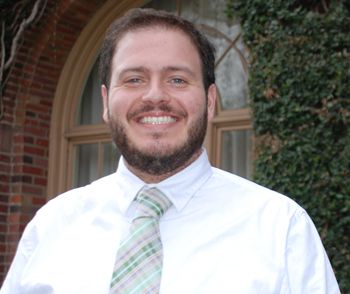
Lorry Black

Doctor of Musical Arts and Sacred Text Candidate, '16
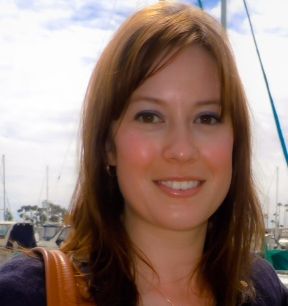
Leticia Villasenor
Doctor of French and Francophone Studies Candidate, '13
How can the Shoah be adequately and responsibly represented in contemporary film and literature without overshadowing or replacing the memories/testimonials of survivors? This question has resurfaced, of late, with the introduction of two commercially successful French films related to the Vélodrome d’Hiver roundup – La Rafle (2010) and Elle s’appelait Sarah (2010) – as well as the recent publication of Hélène Berr’s Journal and Irène Nemirovsky’s Suite Française. I am particularly interested in La Rafle for it's use of testimony of the Vél’ d'Hiv’ roundup and conditions thereafter (via survivors Joseph Weisman and Anna Traube) as a means of providing a pedagogical tool for understanding the Shoah. Not only are the testimonies of Weisman and Traube used to recreate the historical events encompassing the roundup, but these testimonies of extreme trauma and suffering are interpreted on the screen by actors – representing, and, thus, in a sense, substituting for the subjective memories and experiences of both survivors. Questions that my research will further explore include: Is it possible that “la fiction soit plus forte que la réalité?” as Klarsfeld argues. How can a filmmaker/author responsibly bear witness to the historical events and personal memories of the survivors of the Shoah through the mediums of commercial film and literature? Lastly, in the context of the filmic and literary corpus that this dissertation will examine, the mode of translation will also be further addressed – how does the translation of individual memory and trauma into film and literature affect the collective memory of France and the nation's (re)interpretation of the past?
Project: “Memory and Politics in Postwar France: Exploring the ‘Fifth Phase’ of the Legacy of World War II and the Vichy Regime,” doctoral thesis
Dan Knapp
Master of Professional Writing Program Candidate, '14
Dan investigated testimonies within the USC Shoah Foundation’s Visual History Archive that deal with the branding of the pink triangle during WWII to explore how homosexual men saw the symbol on themselves and on others. Was it humiliating or was it at least comforting to know that there were others like them—experiencing the same ordeal—during this time? He juxtaposed the resulting testimony research with primary source interviews with LGBT community leaders to explore why (and how) the reappropriation of the Nazi symbol continues to rally efforts as the gay community continues to search for equality and acceptance in contemporary American society. The research was integrated into a non-fiction short story.
Project: "The Nightime Companion" for MPW 511: Oral History, Witness, and Writing, taught by Gina Nahai, Fall 2012

Channing Sargent

Master of Professional Writing Program Candidate, '14
Channing examined testimonies of those who survived the Holocaust alone, without their families. Her product will be a creative amalgamation formed from the stories of such individuals, ultimately searching for answers to diverse questions about the effects of family—and the effects of the loss of family—on survival instincts and the post-war return to society.
Project: Research for a series of creative essays in MPW 511: Oral History, Witness, and Writing, taught by Gina Nahai, Fall 2012
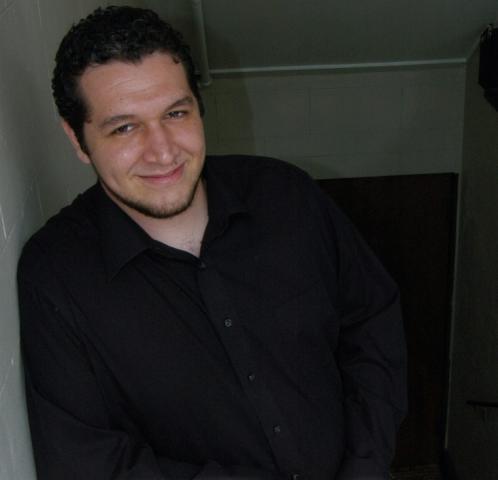
Sharif Shakhshir

Master of Professional Writing Program Candidate, '14
Sharif universalized Archive accounts by stripping away the racial identity differences between them. Instead of discussing victims as Jewish, Armenian, or African, Sharif rewrote narratives into a series of scenes in a modern first-world country,challenging us all to imagine ourselves in the shoes of the persecuted.By eliminating cultural identity as a factor, Sharif intends to make victim testimony more immediate and tangible than ever.
Project: "War of Allegiances" for MPW 511: Oral History, Witness, and Writing, taught by Gina Nahai, Fall 2012
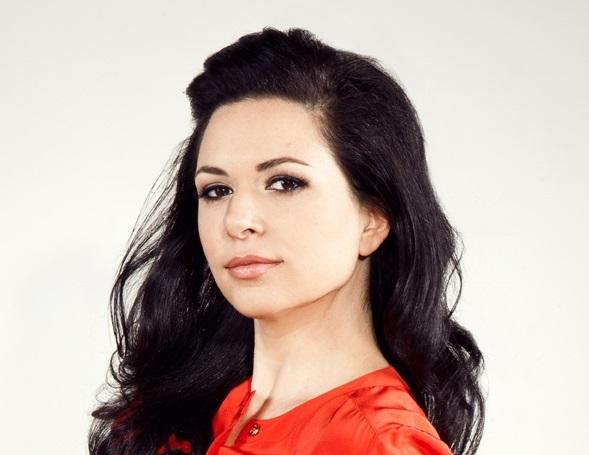
Anna Lisa McClelland

Master of Professional Writing Program Candidate, '13
Anna Lisa worked on writing a short story and one-act play addressing the experiences of survivors after the war. After the misery of concentration camp existence, she wonders, how could a Holocaust victim function after liberation, upon being returned to society? Anna’seventual play will explore how life is affected by memory and the transformation resultant from extreme trauma.
Project: MPW 511: Oral History, Witness, and Writing, taught by Gina Nahai, Fall 2012
2011-2012 Academic Year
Austin Caster
Master of Professional Writing Program Candidate, '13
Austin used his fellowship to study homosexuality in the Holocuast. He viewed approximately 200 testimonies in part or in full that provided insight to his research foci:
- The Nazi regime’s policy toward homosexuals
- How the Nazis executed that policy
- Methods homosexuals and their allies used to hide and escape
- The attitude of the greater society, and how, if at all, it varied from opinions regarding Jews at the time
- The fate of the survivors.
Project: Background research for future work.
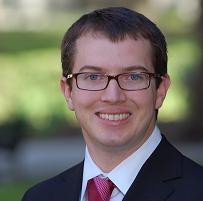
Glenn Fox

Neurscience Graduate Program PhD Candidate, '13
Glenn worked with testimony to improve and diversify his study on gratitude in Holocaust testimony. This study is a part of the Brain and Creativity Institute's ongoing Brain and Society Program, and used testimony from the Visual History Archive to compile a set of stimuli that will probe the experience of gratitude in the context of gift-giving.
Project: "The Brain’s Virtuous Cycle: An Investigation of Gratitude and Good Human Conduct" with the Brain and Creativity Institute
2010-2011 Academic Year
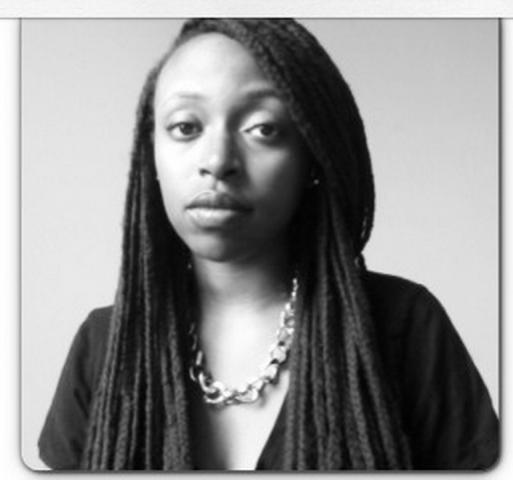
Roseline Twagiramariya

Master in Public Diplomacy Candidate, '12
"During the Discover Bosnia trip, my first objective was just getting to know the country and what it looks like today. After my Bosnia trip, about one week after, I hopped on a plane back to Rwanda for the first time in 17 years and that was an interesting and eye-opening experience in itself and so it was once I came back from a Rwanda that I was able to put together a presentation on the two countries focusing on the role of memory and prevention and how differently these two things were being carried out whether you were in Rwanda or Bosnia. I’d always been interested in how countries, cities and communities are rebuilt after genocide and I went to Bosnia to see if I could find real-life examples of how this was being done. My research questions at the time were: how do you get people to trust each other again, to co-exist peacefully, and to move on with their lives and in a lot of ways. The conclusion that I came to then is that in Bosnia, there doesn't exist the same national initiative to memorialize what happened during the genocide, such as Rwanda and because of this, true healing doesn't really stand a chance. Also, memory plays an important part in prevention and again, there doesn't seem to be very concrete prevention measures in place in Bosnia, unlike Rwanda, and this is very apparent from the tension you can feel throughout much of Bosnia. It wasn't until my trip to Rwanda that I was able to understand what I saw and heard from the 3 weeks that I spent in Bosnia."
Project: Discover Bosnia Research Trip
United States
53.092603, 101.425781